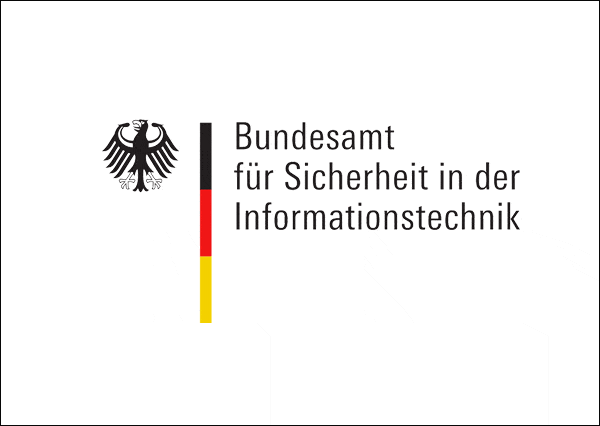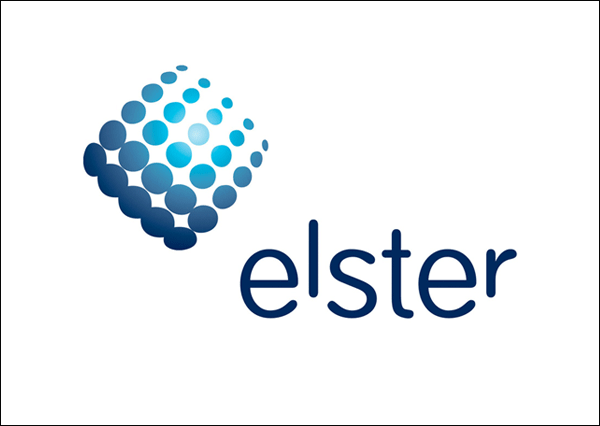No Results Found
The page you requested could not be found. Try refining your search, or use the navigation above to locate the post.


eIDAS is the EU regulation for digital signatures. In 2016, eIDAS replaced national laws such as the German Signature Act. eIDAS is intended to simplify the handling of digital signatures and make the entire technology more attractive. As is usual with such laws, eIDAS only sets a general framework, while the technical details are left to further regulations and standards.
The Federal Office for Information Security (BSI) and its French counterpart ANSSI are among the first to develop technical details for eIDAS. Together, they have developed an eIDAS-compliant smart token specification based on the technology of the German identity card (TR-03110): the eIDAS Token.
The BSI has also awarded a project called POSeIDAS to cryptovision, HJP Consulting and Governikus. This project is about three things:
cryptovision supplied the smart card solution for the POSeIDAS project. This is the first implementation of the eIDAS functions on a card chip. This solution uses the cryptovision product ePasslet Suite, a modular Java Card-based framework for multifunctional identity documents. ePasslet Suite, which is already used in over 20 eID projects worldwide, offers Java Card applets for passports, eID cards, electronic driving licenses, signature cards and other applications. As part of the POSeIDAS project, cryptovision enhanced the ePasslet Suite with a number of eIDAS token-specific features, including pseudonymous signatures, Chip Authentication (CA) 3 and Enhanced Role Authentication (ERA). Now that ePasslet Suite supports the full range of eIDAS token functionality, it is the first solution on the market to build eIDAS token-compliant identity documents.
HJP-Consulting was the prime contractor for the project and contributed an eIDAS token implementation in software based on its open source eID card simulator PersoSim. Governikus provided POSeIDAS with an eID server (also open source) and a corresponding eID client.
Information about the eIDAS token and POSeIDAS can be found in the article Neue Signaturgesetzgebung: Sind aller guten Dinge drei? by Klaus Schmeh, published in der Datenschutz und Datensicherheit 1/2017.


Elster is a German manufacturer of solutions for the gas, electricity and water treatment industry based in Mainz, Germany. The company’s portfolio, which employs 7,000 people, includes measurement technology in particular. Elster has been part of the Honeywell Group since 2015.
It goes without saying that data security plays an important role in measurement technology. For a consumer, for example, it can be worthwhile to manipulate the amount of gas consumed downwards in order to have to pay less. As digitalization and networking continue to increase in the energy supply sector, the corresponding measuring devices are increasingly becoming an integral part of the Internet of Things. The measured data must therefore be protected with encryption, digital signatures and other IT security measures.

Elster opted for a cryptovision solution for the protection of digital data in two application areas. One of them is the sending of billing-relevant data at transfer points between gas suppliers. These are measurements of volumes and gas qualities at locations that are usually outside populated areas. Digital signatures from cryptovision protect the sent measurement results from manipulation.
The second area of application is the protection of firmware updates for numerous gas and electricity measuring instruments. Digital signatures from cryptovision ensure that only software authorized by Elster is executed on the devices.
LibraryES
The page you requested could not be found. Try refining your search, or use the navigation above to locate the post.